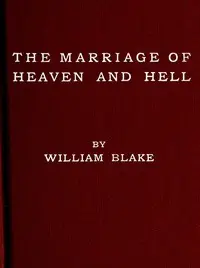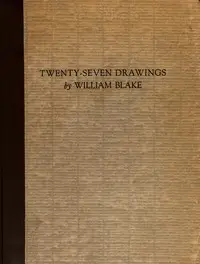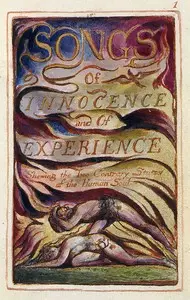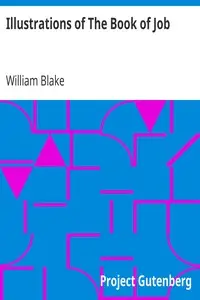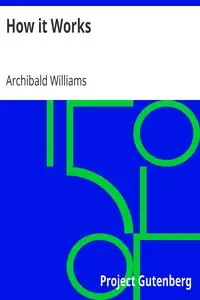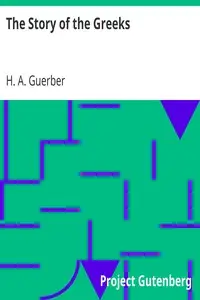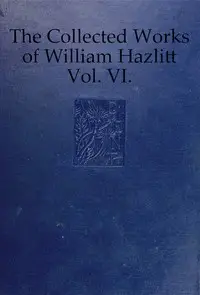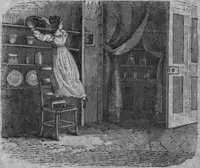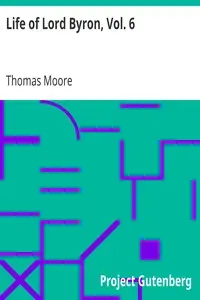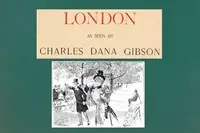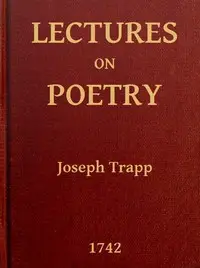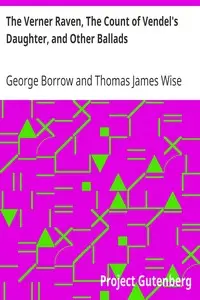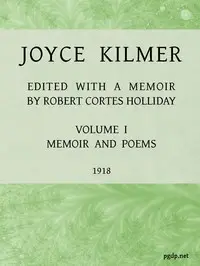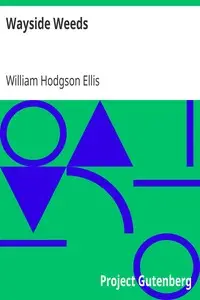"Poems of William Blake" by William Blake is a profound collection of poetry that encompasses two major works: "Songs of Innocence and of Experience" and "The Book of Thel." Written during the late 18th century, this collection explores the dualities of human existence, addressing themes such as innocence, experience, love, and societal issues. As a significant figure in the Romantic movement, Blake's work is characterized by its visionary quality and deep philosophical insights. The collection delves into contrasting states of the human experience—innocence and experience—illustrated through vivid imagery and poignant narratives. "Songs of Innocence" presents a childlike perspective, celebrating the beauty of nature and the purity of the untainted spirit, while "Songs of Experience" questions the harsh realities of life, highlighting social injustices and the loss of innocence. Additionally, "The Book of Thel" follows a character named Thel who grapples with her existence, ultimately seeking answers about life and mortality from various elements of nature. Throughout the poems, Blake employs rich symbolism and allegorical elements, compelling readers to reflect on the complexities of their own lives and the world around them. (This is an automatically generated summary.)

Poems of William Blake
By William Blake
"Poems of William Blake" by William Blake is a profound collection of poetry that encompasses two major works: "Songs of Innocence and of Experience" ...
William Blake was an English poet, painter, and printmaker. Largely unrecognised during his life, Blake has become a seminal figure in the history of the poetry and visual art of the Romantic Age. What he called his "prophetic works" were said by 20th-century critic Northrop Frye to form "what is in proportion to its merits the least read body of poetry in the English language". While he lived in London his entire life, except for three years spent in Felpham, he produced a diverse and symbolically rich collection of works, which embraced the imagination as "the body of God", or "human existence itself".

